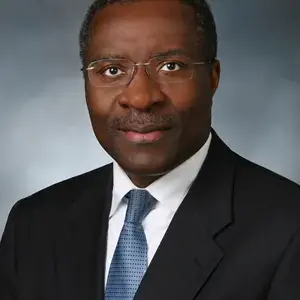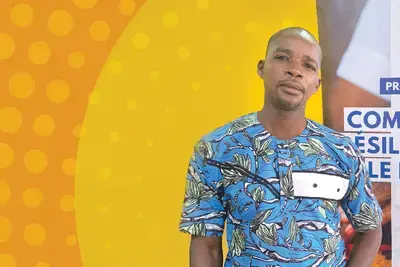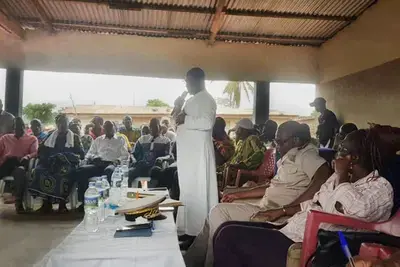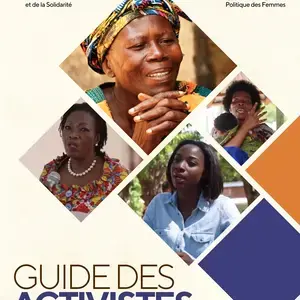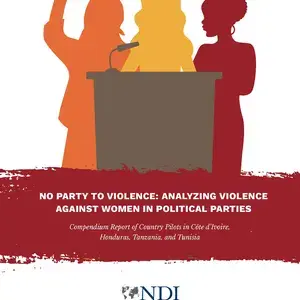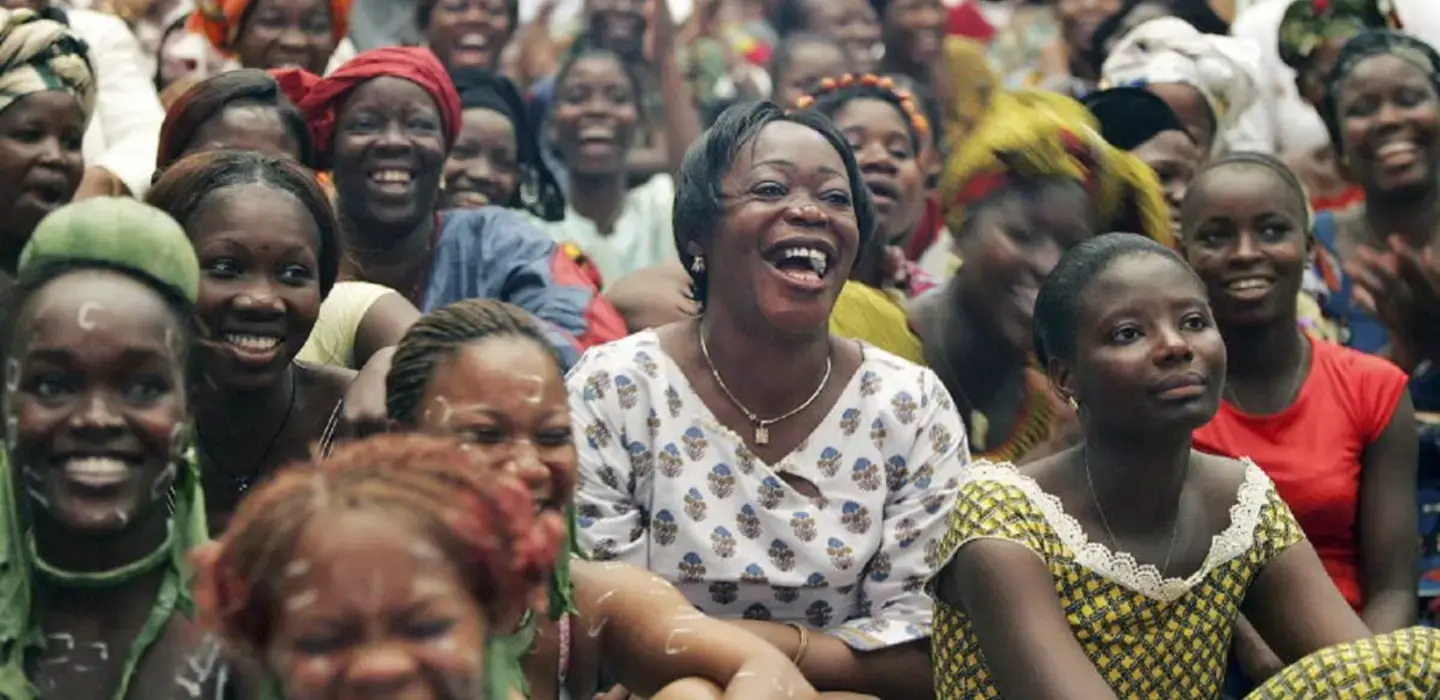
Where We Work
Côte d’Ivoire
Overview
Following the post-election crisis of 2010-2011, which plunged Côte d’Ivoire into violence and instability, President Alassane Ouattara initiated a comprehensive constitutional reform process. Designed to consolidate peace, promote national unity, and strengthen democratic institutions, the drafting of the new constitution involved extensive consultation with various stakeholders, including political parties, civil society organizations, and regional representatives. The resulting 2016 constitution, approved by a national referendum, introduced significant changes to enhance good governance, protect human rights, and decentralize power. At the same time, it introduced a “new republic,” allowing incumbent President Alassane Ouattara to run for a third term in office in 2020 despite a two-term limit in both the previous and new constitutions. This election was marked by widespread protests and accusations of electoral manipulation from opposition parties. Despite international calls for dialogue and restraint, violence erupted on election day. Amidst these challenges, and with all major opponents either boycotting the election or ineligible to run, President Ouattara secured a decisive victory and another five-year term in office. A series of political dialogues in 2021 and 2022 concluded with consensus on political reform ahead of future elections, which led to some easing of tensions, but these reforms have not yet been passed into law. Côte d’Ivoire’s September 2023 municipal, regional, and senatorial elections had full participation from all parties. The results were generally accepted and the polls were widely peaceful. In these elections, a gender quota law was applied for the first time and resulted in the election of women to 33% of regional and municipal council seats.
Since 1993, NDI has supported various aspects of governance in Cote d'Ivoire, working with political parties, elected officials, and community leaders, most recently with funding from USAID, the US Department of State Bureau of Democracy, Human Rights, and Labor, and the National Endowment for Democracy. Notably, the Institute has supported citizen observers to carry out sample-based observation of elections in 2015, 2016, 2020, and 2023, which has helped to verify turnout and/or election results and accurately assess the overall process on election day. NDI also assisted political parties to develop a code of conduct in response to the 2011 political crisis, subsequently aiding them in updating and reaffirming their commitment to it ahead of each election from 2015 to 2023. NDI has long supported women activists promoting political participation for women, and following the passage of a quota law in 2019, ahead of the 2023 municipal and regional elections, NDI worked with Ivoirian parties to train women and youth candidates to increase their representation in government. NDI has also worked with elected officials, including training for newly elected women mayors on integrating peace and reconciliation initiatives into local administration. In response to electoral violence during the 2020 presidential election, NDI trained and equipped various community leaders, including religious leaders, market women, and youth active in the transportation sector, to counter disinformation and promote social cohesion, thereby mitigating the risk of future electoral violence.
NDI is working with Ivorian political parties to implement internal reforms to promote transparency, accountability, and inclusivity. This effort involves organizing tailored workshops, training sessions, and individual consultations to enhance party inclusivity and responsiveness to the interests of constituents. NDI has partnered with the Inter-party Concertation for Democratic Elections (CIED) to facilitate cross-party dialogue through multiparty training sessions on topics like inclusive candidate recruitment and party financing across the country. NDI is also leveraging the power of open dialogue and artistic and cultural initiatives to support communities affected by inter-communal and election-related violence, aiming to address trauma and foster trust among identity groups. NDI collaborates with local institutions and grassroots organizations to advance peace, justice, and dialogue, particularly by partnering with local peace committees and the CIED to facilitate regular inter-party dialogue and prevent potential conflicts. Additionally, NDI aims to work with traditional justice mechanisms in each city to enhance inclusivity and fairness within these institutions.
Featured Publication
Le Réseau des Femmes Émergentes en Politique Formulaire de Candidature 2022 - Côte d’Ivoire
Information importante: Vous pouvez renseigner ce formulaire en ligne et/ou de façon manuscrite et le soumettre au bureau NDI de votre pays.
The Latest
Meet The Experts
View More